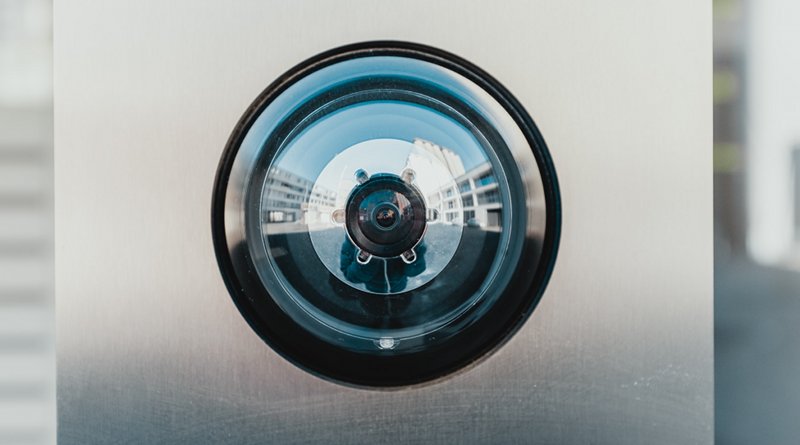China’s Facial Recognition: Surveillance In Schools – OpEd
It’s no secret that China keeps close tabs on its citizens. Recently, there have even been talks of the country unveiling a Social Credit System by 2020, where the government will monitor everyday activities such as recycling or littering and reward citizens accordingly. These points may then dictate the services that a citizen can purchase, or even impact how the rest of society sees them.
Surveillance within schools
Schools may be the next place where such surveillance tech will be installed. Nanjing’s China Pharmaceutical University recently piloted facial recognition software within their school, with information center director Xu Jianzhen saying that this will help professors track attendance and monitor student’s participation. Similar technology was also found in a high school in Hangzhou.
The system will keep track of points such as how many times a student has raised his or her hand, how many students use their phones within each lecture, and the like. The hope is that such technology gives professors an empirical baseline that they can use to see how their students are faring. Xu reports that this system was created in response to poor participation and attendance within classes, with some students resorting to hiring stand-ins to attend their lectures for them.
Backlash on social media
Updates on this story have led to an outpour of detractors on social media. Many deemed this technology unnecessary, suggesting that it treats students like prison inmates. Some have even cited the double-standards when it comes to technological privacy, saying that such a tactic would be quickly shut down in Europe and the United States.
Xu’s argument is that schools are public spaces, so there is no violation of private property that occurs through surveillance. Nevertheless, the negative outcry has led to a response from China’s Ministry of Education officials. Director Lei Chaozi assured that strict regulations would be put in place when it comes to using such technology, and that students’ private information would not be compromised. These guidelines require all schools to be registered before implementing such technology, and that only minimal amounts of information be recorded.
Issues regarding facial recognition and surveillance
Out in the streets of China, the goal of public surveillance is to prevent crimes and capture perpetrators. However, it cannot be denied that there can be enormous risks for privacy and free speech. For instance, an article on The Atlantic details that there could be likely punishments for people who associate themselves with critics, or simply get caught holding up a protest sign. As of writing, the Chinese government already constantly monitors cell phones and social media of local activists. If this same system is to be applied in schools, then who’s to say that it won’t be used to police students from thinking critically and expressing their own opinions? And if they can’t do it in their own schools, then where else can they?
Of course, there’s also the issue of privacy. Cyber security experts from Maryville University warn that our data-driven world is filled with unknown threats — ranging from malware to data theft. Day by day, the demand for security professionals continues to grow as attacks get more complex. And true enough, cameras are one of the most vulnerable entry points for hackers. According to Bleeping Computer, tens of thousands of cameras around the world can be exploited using a short line of code. And if hackers find a way to access numerous cameras at once, they can infect them with malicious software and create a network of compromised devices.
The question of access to such surveillance information is what makes this topic an issue. While surveillance systems hold great promise for creating safer spaces, governments have yet to decide what it means to responsibly collect — and not to mention use — this data.

